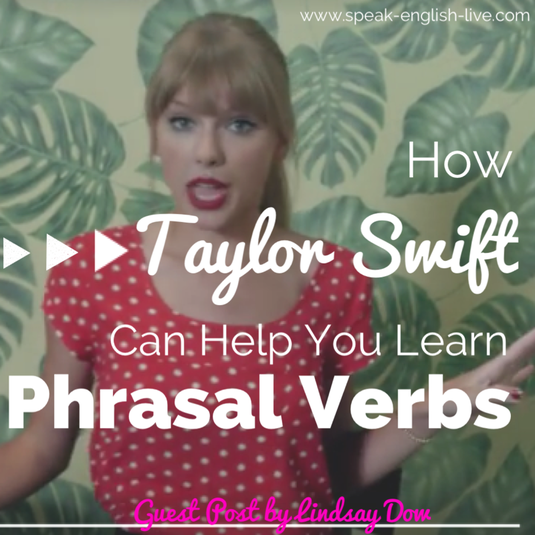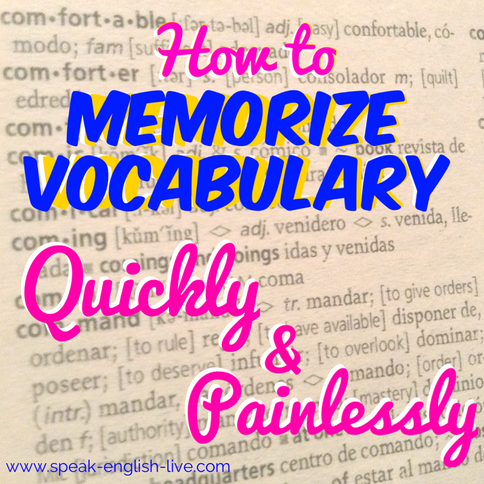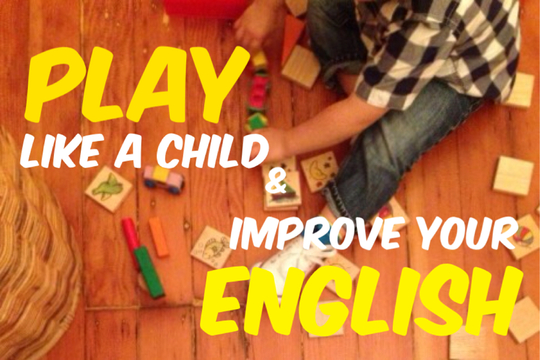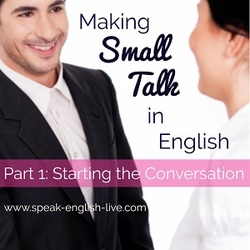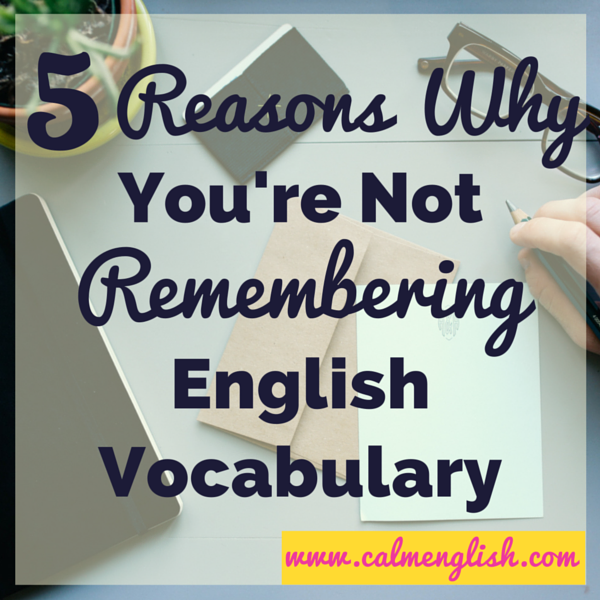|
Today I've got another guest post for you! Lindsay Dow is my guest writer today. She is a professional English teacher and language learning blogger. Lindsay is a polyglot herself (speaker of many languages) and loves sharing her language learning tips on her blog Lindsay Does Languages and around the web.
Read on for Lindsay's article featuring Taylor Swift and a fun way to learn phrasal verbs. .................................................................................................................................................................... Hello! I'm Lindsay Dow and I blog, teach, and make videos about language over at Lindsay Does Languages. Sabrina has invited me onto her blog today to share a little something about learning phrasal verbs with you. Phrasal verbs are a very important part of spoken English grammar. I know those two words, PHRASAL VERBS, may have you ready to click off from this post, but wait! Phrasal verbs don't have to be painful. In this post, we're going to get a little help from Taylor Swift. Let's go!
0 Comments
When we begin to learn a new language, we usually focus on memorizing grammar rules and lists of vocabulary. But if we don't focus on pronunciation as well (by learning how to make the correct sounds and putting stress in the right places), we might not be understood when talking to native English speakers.
Besides knowing grammar and a good amount of vocabulary, of course you want to be understood by native English speakers when you speak. That's why it is just as important to focus on developing native sounding pronunciation. "But English pronunciation is so hard, Sabrina!," my students tell me. Yes, English pronunciation can be difficult, but I want to share with you a few resources and tips that can help you start improving your pronunciation today: Sometimes new words just refuse to be memorized! We write them down, we use flashcards, and yet we STILL have to ask our friends or co-workers again, "What does that word mean?"
How can we memorize new (or difficult to remember) words quickly and painlessly*? Here are some quick ways to really get those stubborn* words into our long-term memories!: Wouldn't it be nice to just PLAY like a little kid and improve your English??
Read more in my recently published article on the Saundz blog about how to play like a child so you can learn English: http://saundz.com/playing-like-child-can-help-improve-english/ Hearing others' stories can be inspirational! That's why I wanted to start this series of interviews with people who speak English as a second or foreign language.
In this interview, my friend Naofumi (Nao) shares his story about how he learned to really speak English and how knowing English continues to help him reach out into the world. I hope you can find motivation to see your English goals become reality through reading this interview! Reading funny jokes is a simple and entertaining way to study English.
You can learn new vocabulary and phrases through jokes as well as get some insights* into what Americans, Brits, Australians, etc. find humorous*. You will also learn about culture through studying jokes. I've rounded up* five of my recent favorite jokes and puns* from around the Internet. I have also included some explanations to help you study deeper!: |
Click to Learn About
|
